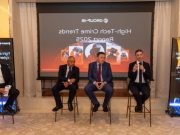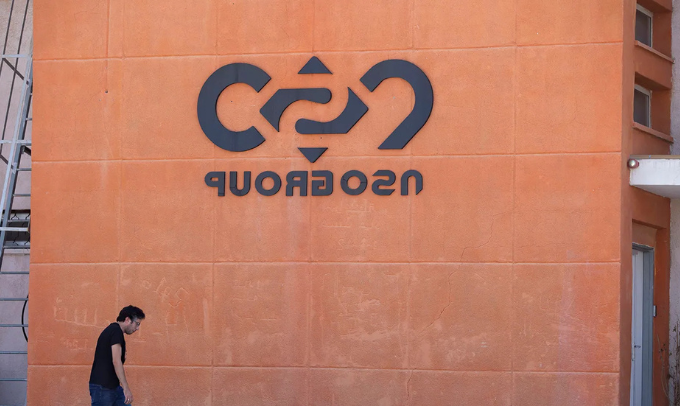US , Jul 25, 2024
Israeli spyware company NSO Group is once again making headlines—this time, for its reported efforts to quietly re-enter the U.S. market. Once blacklisted due to its controversial Pegasus software, the firm appears to have launched a lobbying campaign aimed at overturning the restrictions placed on it during the Biden administration.
A History of Controversy
NSO Group gained international attention for Pegasus, a powerful spyware tool capable of infiltrating smartphones without a user’s knowledge. While the company claimed it sold Pegasus only to governments for fighting terrorism and crime, multiple investigations revealed it had been used to surveil journalists, human rights activists, and even politicians.
This led the U.S. Department of Commerce to add NSO to its entity list in 2021, barring American companies from doing business with it. Now, under the Trump administration’s potential return to influence, insiders say NSO is attempting a comeback through targeted lobbying and legal maneuvering.
Lobbying in the Shadows
Leaked documents and insider sources suggest that NSO’s lobbying strategy involves arguing that Pegasus is essential for law enforcement and counterterrorism. Lobbyists are said to be framing the company’s actions as misunderstood, pitching NSO as a misunderstood tech innovator rather than a rogue spyware developer.
Critics, however, aren’t convinced. National security analysts and privacy advocates warn that allowing NSO back into the U.S. market could open the door to further surveillance abuses—especially if oversight remains lax.
What’s at Stake
This story isn’t just about one company—it’s about how we regulate surveillance tech globally. NSO’s attempted reentry highlights the blurry lines between security and privacy, innovation and abuse. If NSO is successful, it may set a dangerous precedent for other surveillance firms seeking legitimacy through political influence rather than transparency.












